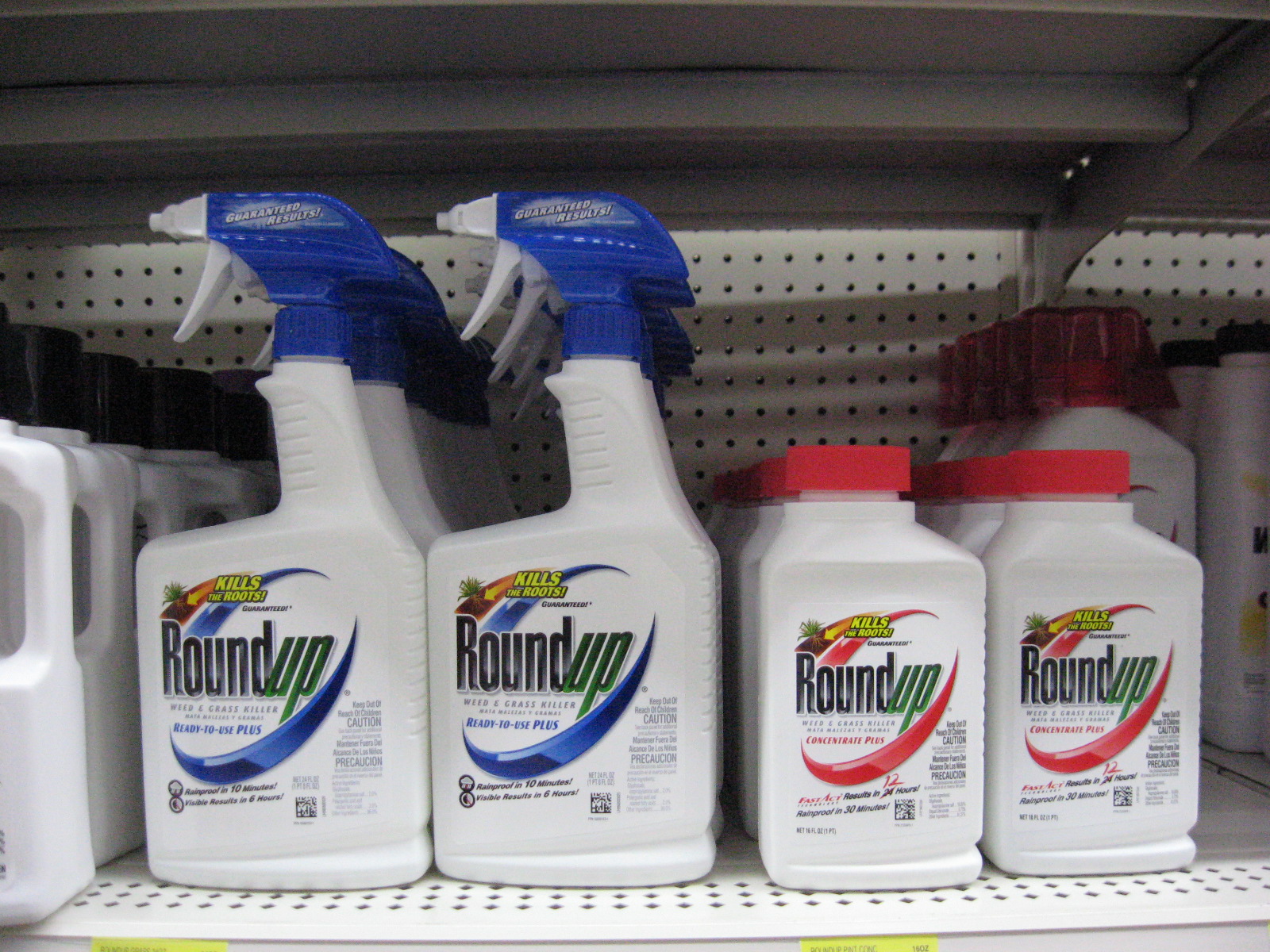Glyphosate study shows negative effects to microbiome at “safe” dosage

By Surya Zeeb
Published: June 6, 2018
Category: The Organic & Non-GMO Report Newsletter, Pesticide Hazards
A new global study examined the impact on rats of the EPA’s acceptable daily dietary exposure level of the herbicide glyphosate, and found health impacts related to sexual development, genotoxicity, and the intestinal microbiome.
The level of 1-1.75 mg per kg of bodyweight per day was the concentration given to the rats over three months. The study focused on the newborn, infancy, and adolescent phases of life—the human equivalent of embryo to 18 years. Females in particular showed sexual development alterations; genotoxic impacts were also found in micronuclei of rats, especially early in life. Groups treated with pure glyphosate and its formulations presented similar levels of glyphosate in urine and its principal metabolite (AMPA), suggesting bioaccumulation effects as treatment progressed.
Professor Philip J. Landrigan (Icahn School of Medicine at Mt. Sinai) said the study doesn’t determine glyphosate’s carcinogenicity, but does point out health impacts equally serious that could manifest long-term as cancer.
Dr. Fiorella Belpoggi, with the Ramazzini Institute (Bologna, Italy) that sponsored the study, added, “Whatever the outcome… the findings will provide regulatory agencies and policymakers with solid independent results on which they can confidently base their risk assessments.”
Professor Jia Chen pointed out modifications to gut microbiomes that could be critical in disease prevention.
The pilot phase manuscripts appeared in Environmental Health online. A crowd-funding campaign is raising funds for a long-term, comprehensive global glyphosate study.
Source: GM Watch
To view full article, visit:




